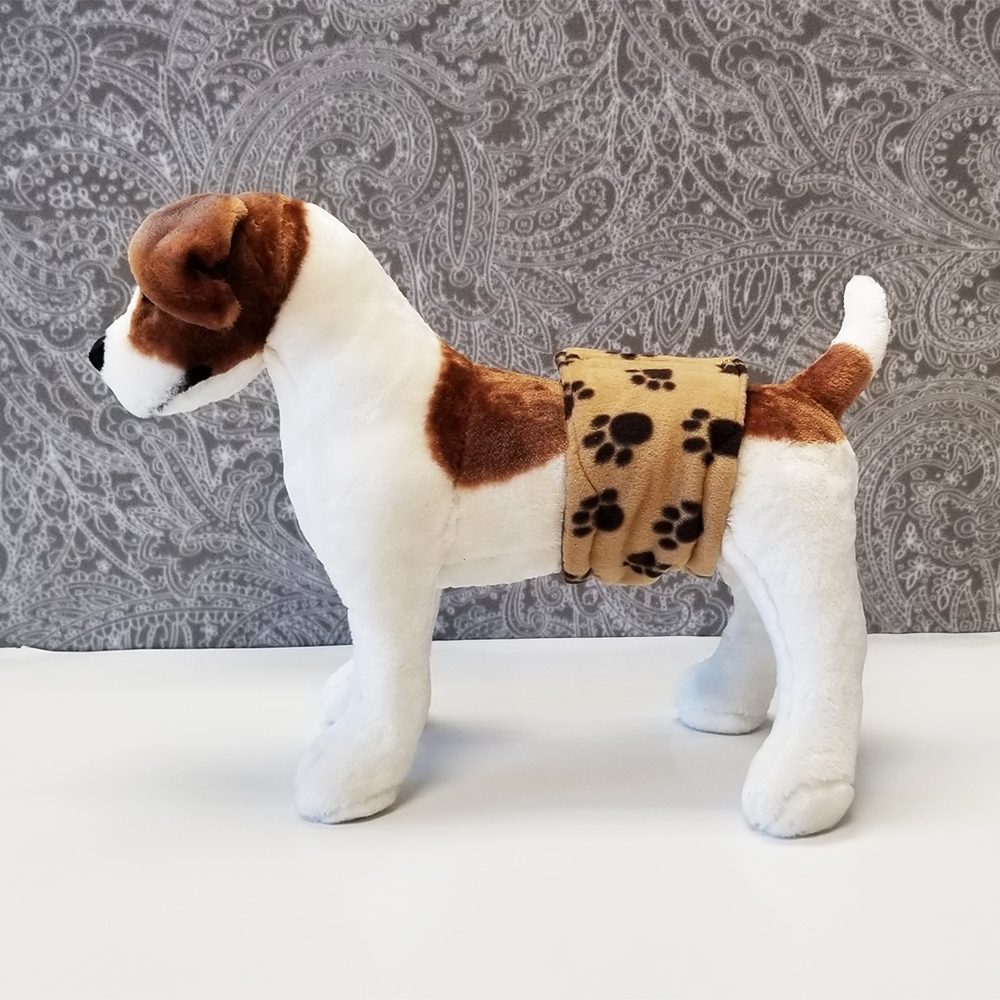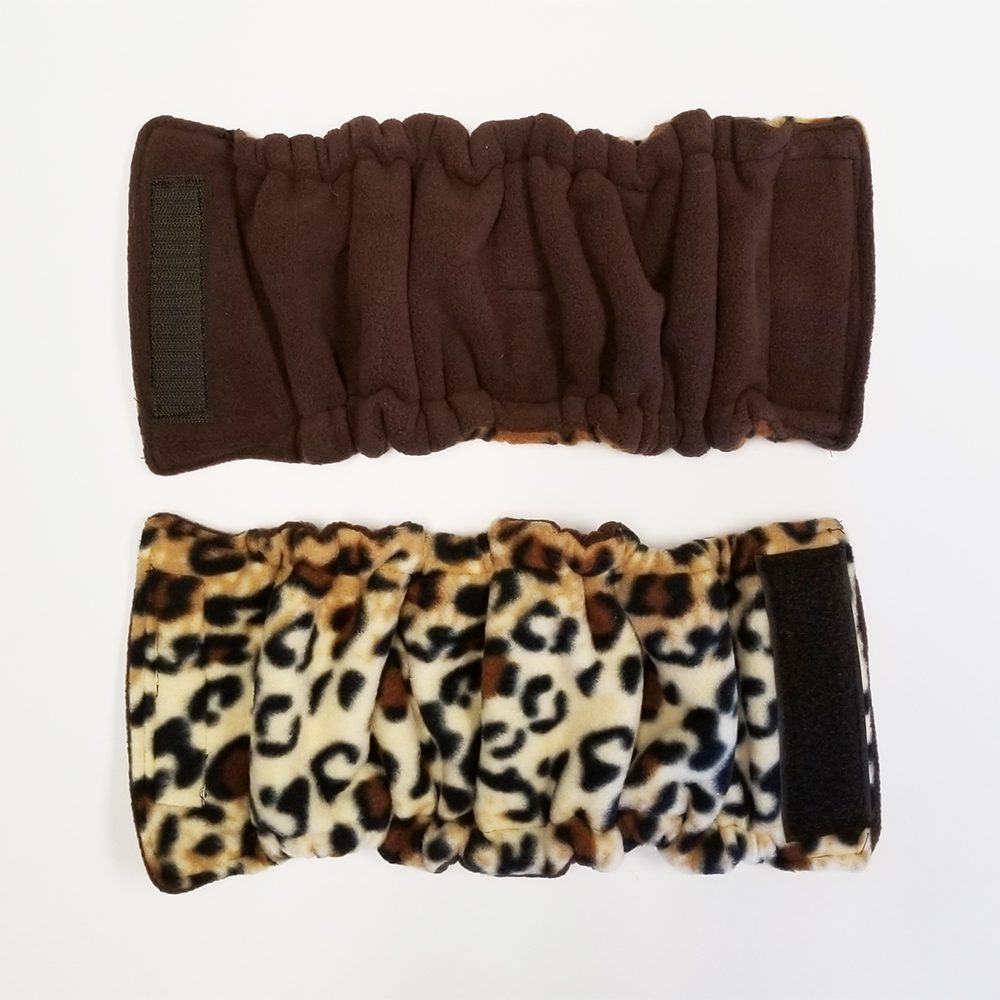How to choose a Puppy
 Puppies are adorable bundles of wagging tails, soft eyes and warm puppy kisses that pull at your heartstrings, begging you to take them home. As difficult as it may sometimes be, the choice of a puppy should not be made on the spur of the moment. Doing so has often resulted in the acquisition of a dog that does not meet the expectations of his owner. Many times these dogs are eventually resold and, unfortunately, some end up in the pound. Indeed, this is not the fault of the poor puppy; the uneducated owner is to blame.
Puppies are adorable bundles of wagging tails, soft eyes and warm puppy kisses that pull at your heartstrings, begging you to take them home. As difficult as it may sometimes be, the choice of a puppy should not be made on the spur of the moment. Doing so has often resulted in the acquisition of a dog that does not meet the expectations of his owner. Many times these dogs are eventually resold and, unfortunately, some end up in the pound. Indeed, this is not the fault of the poor puppy; the uneducated owner is to blame.
Before buying a puppy, talk to several owners about the breed you are interested in, gather information and make an informed choice. Each breed was developed for a specific function and, as a result, their personality and traits may not match your lifestyle. Be sure to become completely familiar with the breed you are interested in before deciding to buy a puppy. Remember, your puppy is depending on you to care for and love him for life.
Show or Pet?
If you have your heart set on a show dog, remember that all dogs should always be, first and foremost, your companion, deserving a lifetime of love and good care. If you intend to show your dog, you will want to obtain a pup that displays the qualities that are necessary for the show ring. Keep in mind that until a puppy is fully grown, no one, not even the breeder, can be sure that the puppy will indeed grow up to be a good show dog. You will be buying a puppy that has what is termed “show potential.” This means that the pup possesses good show conformation, and if he continues to develop along these lines, he should become a good show dog. Unfortunately, it is common for conformation to change as the puppy grows, and some promising pups don’t quite develop according to their potential.
Although these dogs may not excel in the show ring, there are many other options such as obedience, tracking, lure coursing, etc. that you may decide to pursue. It is important to keep in mind that the true value of your dog will be in the loving companionship that he provides, and the bond that you develop. Showing should always be secondary to these goals.
If you are looking for a pet puppy, your pup will not have to meet the exact specifications of bone structure and movement set forth in the breed standard. If his shoulder is a little too straight, or his neck too short, it will not matter. Good temperament, however, is one attribute that should never be sacrificed in the pet puppy. It is important that a family pet have a happy, stable personality.
Health
Anyone who has ever brought home a sick puppy can tell you how frustrating and heartbreaking it can be. The whole experience can turn what should be an exciting, happy time into a nightmare. Be sure to perform a visual inspection before purchasing any puppy. All pups spend a lot of time sleeping, but when they are active they should appear alert and energetic. Bloated stomachs, except possibly right after eating, can be a sign of worms. Eyes and noses containing a mucous-filled discharge can signal a viral or bacterial infection. Never take a puppy home in this condition. The stress of being in a new environment can quickly worsen the problem. It is up to the breeder to provide the puppy with proper care.
Likewise, a puppy that is vomiting or has runny diarrhea, especially if it contains blood, should be immediately treated by the breeder’s veterinarian. This might be a symptom of parvovirus or some other disease. Even if it is not, puppies can dehydrate quickly and this, in itself, can prove fatal.
Also observe the way in which the breeder cares for his dogs. Are they well fed and are their living conditions clean? Do the dogs show affection towards the breeder? Clues that suggest otherwise may mean you should look elsewhere for a puppy.
Be sure to obtain a health guarantee from the breeder. This guarantee should give you some time, usually 72 hours, to take the pup to your vet. If your vet finds a serious problem that the pup had upon delivery from the breeder, you should be entitled to a full refund of your purchase price upon return of the pup. Make sure you receive this guarantee in writing. If you do not understand anything about the contract, do not sign it until you completely understand every stipulation.
Tips Before Buying a Puppy
- A) Questions to ask the breeder:
1.Ask to see the AKC registration papers and OFA or other health certification. Responsible breeders put money back into their breeding program.
2.Are the pups current on medical care? Wormings, shots, microchipping, etc. should all be on a written record.
3.Ask why the breeder chose to breed this pair. Conscientious breeders think ahead, considering pedigrees, the dogs themselves and many other factors before the breeding.
4.What have the breeders or their buyers accomplished with previous puppies? Are they consistently producing puppies that you would want in your home?
5.Ask about price. You need to find a puppy that has what you want and is within your budget, even if it means making payments. It may take awhile to find just the right puppy. Responsible breeders incur a greater cost in breeding their dogs due to the good equipment used, vet expenses, quality food and proper training.
- B) What you should ask to see:
1.See all paperwork you need to see before the breeder shows you puppies! If they cannot produce verifiable documents, go no further.
2.See parents, if possible – even if it means a trip to the stud’s home. You may be able to see what other pups he has produced as well. You want to make sure you see offspring that you like.
3.Ask to see the whole litter, if possible. Seeing how they interact can tell you how they may place themselves within you home.
4.Go into the breeder’s home. If the kennel/home isn’t clean enough for you to enter, go no further. If the breeder’s dogs are not healthy – leave.
5.See the pup you want away from it’s nest. You want to see how it would accept you one-on-one, which is likely how it will act when moving into your home.
- C) What should I do if I want to buy the puppy?
1.See a written contract. It should completely identify the puppy, including any tattoo or microchip information. It should contain all AKC requirements as well as the guarantee and stipulations of the sale.
2.See copies of all represented documentation. Require a set to take home with you at the time of purchase! This should include the pup’s AKC registration, pedigree and health records.
3.After you take you puppy, go straight to the vet. Be sure that things are all A-OK. (If not, go straight back to the breeder!)
Breed Rescue/Humane Societies
If you are searching for a wonderful, loving pet, why not ask local breed clubs about their rescue programs? Most breed clubs can help you to find an adult dog or puppy in need of adoption. Links to breed clubs are on each of our dog breed pages. There are also many dogs in humane societies and pounds throughout the country who are just waiting for the opportunity to share their love with a new owner. Some of our most beloved dogs were dogs that came from my local dog pound.
Raising Puppies
When your puppy arrives at home, you should have a bowl for food and water, a supply of the same food that the breeder was feeding, a collar and leash and a few safe chew toys already on hand. You should also have a safe area prepared for him to sleep and play. Planning for the needs of your puppy beforehand can help to make the first few days in his new home easier for both of you.
Although you will be excited about your new arrival, and the temptation is strong to show him off to friends and family, it is better to wait. Take him directly home and keep visitors to a minimum. Until he is fully vaccinated with a series of shots, the youngster is very susceptible to several canine diseases, some of which can be transported on shoes and clothing.
During the first year of your puppy’s life, he will be learning about the world around him, what is expected of him and how his actions affect his environment. If his needs for love and care are met, the pup will learn that the world is a safe and friendly place. Puppies learn by repetition, so be sure to be consistent and use positive training methods with lots of praise.
One of your best resources will be a book that is written specifically on the breed of your choice. (Suggested titles are listed on each breed page.) If you purchase such a book, you will, no doubt, refer to it often and it will prove to be an invaluable aid during the first important year of puppyhood.
Food for Thought
Lastly, you should keep one thing in mind before you take that big step and start looking for a new friend. Dogs are social animals. They crave human attention, and they want and need to be a part of the family. If you don’t have time to spend with your dog, please reconsider if the acquisition of a dog is a good idea right now, or if, perhaps, you should wait until a future date when you will have more time to spend with your friend. When buying a puppy, make sure that you plan to keep him for life, and that your commitment to him is as strong as the commitment he will make to you.
This information is copyrighted and is the property of the author. You may not use any information from this page; however, you may link to this page.



